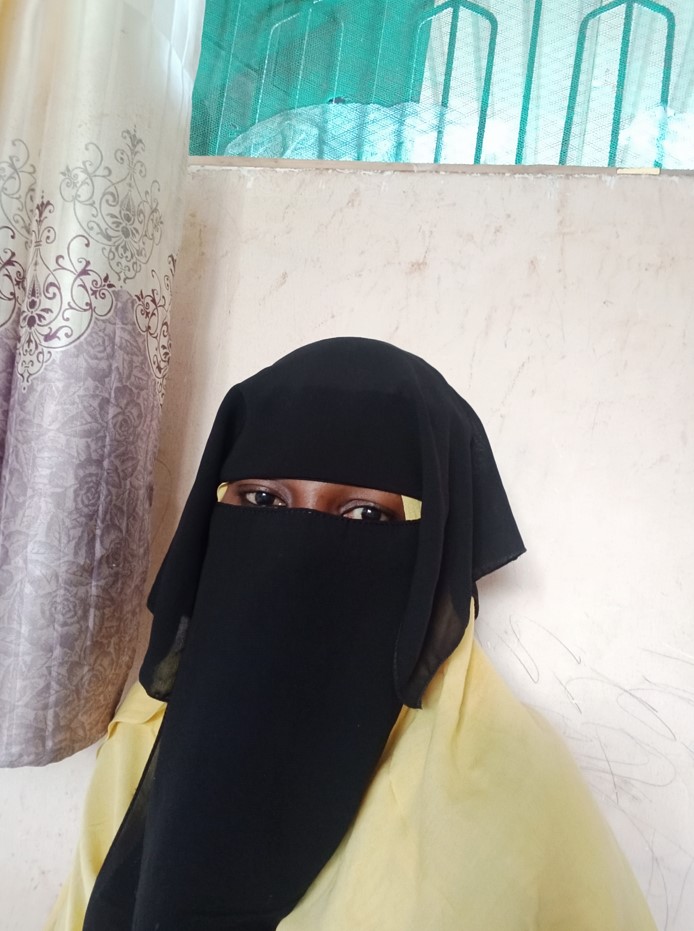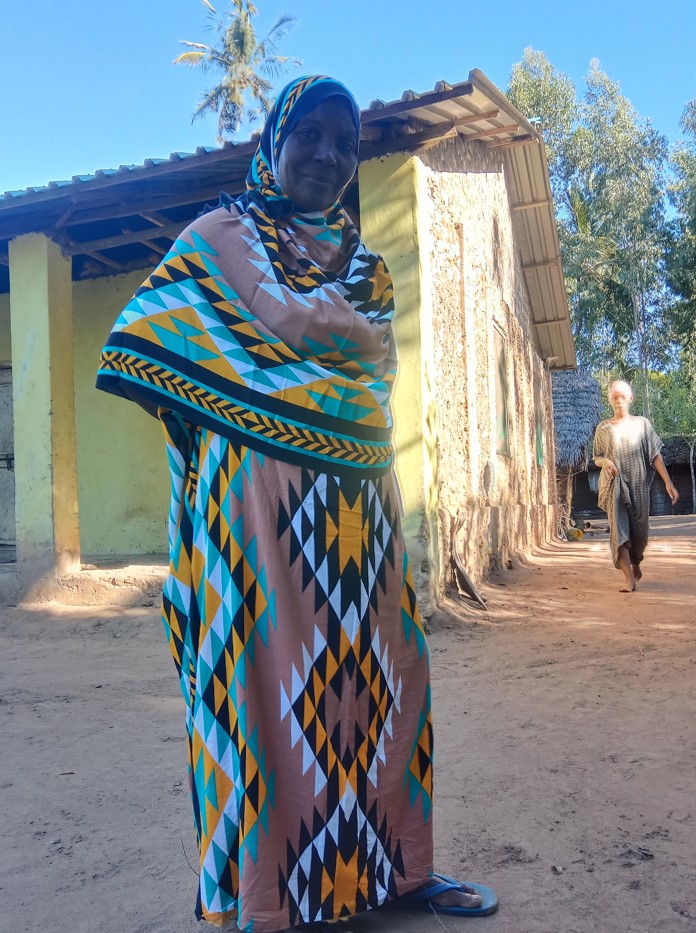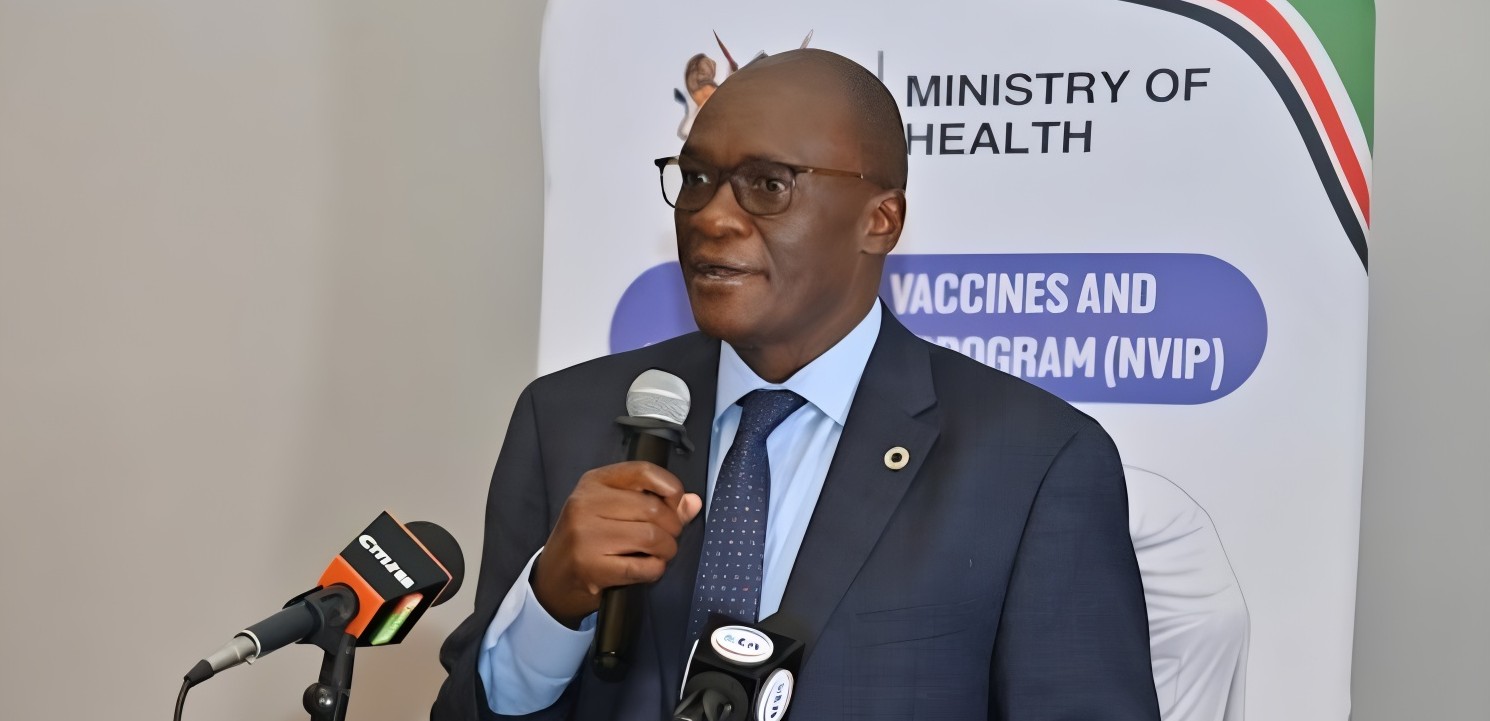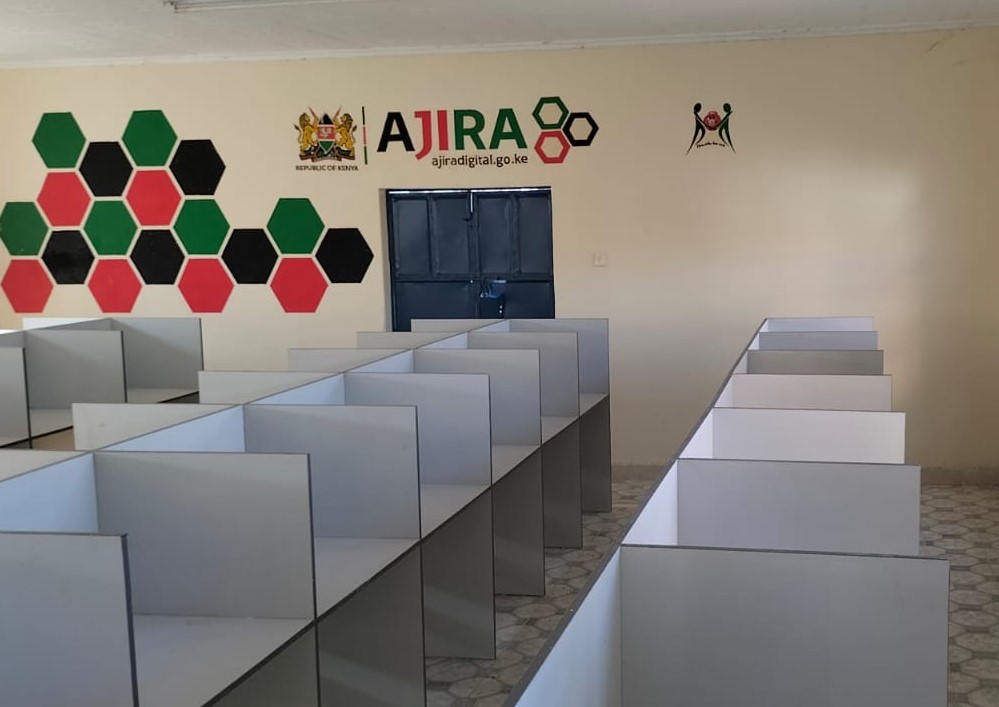62-year-old woman transforms young mothers lives through child spacing

Mwatenga had weird thoughts, to the point of wanting to harm her children. She would also find herself crying for no apparent reason.
Outside a tiny iron-roofed house in Ndavaya village in Kwale, two women huddle together, confiding in each other issues affecting marriages, childbirth, and other shared concerns.
From a distance, their voices, gestures, and body language depict the weight of the topics. However, the intensity and warmth displayed as they engage in their conversation reveal the level of trust the women have in each other.
More To Read
- Kenya losing 10 mothers daily to preventable postpartum haemorrhage, experts warn
- From hobby to lifeline: How gardening is becoming a path to food security and resilience
- ‘They told them I was dead': A mother’s pain and the mental toll of family separation on children
- Governors seek Sh7.8 billion annual funding to absorb 8,287 UHC staff into county payrolls
- SHA: Government shuts 1,400 private hospitals over fraud
- How far is your closest hospital or clinic? Public health researchers explain why Africa needs up-to-date health facility databases
The two are 62-year-old Mariamu Mwatenga and her student, who is seeking marital advice.
Mwatenga offers marital lessons to brides-to-be, commonly referred to as Kungwi at the Coast. The marriage counsellor, who learned the ropes through apprenticeship and life experiences, prefers calling these women her students. From soon-to-be brides to young mothers, Mwatenga shapes their lives with her tender and loving nature, and like a seedling, she watches them grow while shielding them from the shadows of her past.
Mistakes of a young mother
One of the key lessons Mwatenga teaches these young and aspiring mothers is child spacing. Child spacing is where the parents set a period between the births of their children for various reasons, including reducing the risk of pregnancy complications and other health problems.
At 62, the mother of 10 wishes she had learned to space children. The valuable lessons she is currently offering would have helped her navigate the intricate world of motherhood.
"I am blessed with 10 children. Some of my children are only 10 months apart. Back then, we did not have modern family planning methods. We used traditional methods, which mostly failed. Also, children were seen as a source of wealth. I suffered raising my children and wouldn't wish for any woman to go through what I faced," she tells the Eastleigh Voice.
To compound her motherhood, Mwatenga suffered from postpartum depression, which she was unaware of.
"I suffered a lot because I was the primary caregiver for these babies. I received little support after delivering, which drove me into depression. I did not realise it until recently," she adds.
Medics describe postpartum depression (also called PPD) as a medical condition that many women get after having a baby. Among its symptoms are strong feelings of sadness, anxiety, and tiredness that last for a long time after giving birth.
These feelings affect the mother, putting her in a difficult position to care for herself and the baby.
Mwatenga had weird thoughts, to the point of wanting to harm her children. She would also find herself crying for no apparent reason.
 Mariam Mwatenga at her home in Ndavaya, Kwale County. (Photo: Mishi Gongo)
Mariam Mwatenga at her home in Ndavaya, Kwale County. (Photo: Mishi Gongo)Mariam Mwatenga at her home in Ndavaya, Kwale County. (Photo: Mishi Gongo)
The birth of her campaign
Five years ago, in 2019, Mwatenga started to champion child spacing. Her campaign drew inspiration from her motherhood experience and witnessing women in her village losing their children and suffering from depression.
"In this village, the majority are illiterate or have little education. So they do not know the importance of child spacing. When I started the campaign, many people were against it but five years later, a majority are embracing family planning," she says.
Before starting to educate women about family planning, the health advocate visited Ndavaya Health Centre, where she learned about the importance of birth control.
Learning from health experts aided her in understanding the basics of family planning and equipped her with valuable knowledge to share with her students.
"I am doing this campaign to save women’s lives and to improve their economies. Families have many children whom they cannot take care of. This results in children suffering from malnutrition and some even die," she explains.
According to the World Health Organisation (WHO), globally, maternal mortality accounts for an estimated 536,000 deaths every year.
The organisation indicates that if all women were able to space pregnancies by at least 24 months, bear children during their healthiest years (ages 20 to 35) and avoid unplanned pregnancy, the lives of about 175,000 women would be saved each year, lowering maternal mortality to 360,000 per year.
WHO also indicates that every day, 15,000 babies die before reaching their fifth birthday; globally, complications due to pregnancy and childbirth are the leading causes of death in girls ages 15 to 19.
Yet spacing pregnancies by three years alone would prevent 1 in 4 child deaths, prevent 1 in 3 maternal deaths, and reduce childhood stunting by 50 per cent.
After understanding the nuances of family planning and having statistics provided by health experts and the WHO, Mwatenga was ready to transform the lives of the women in her village.
Every time a bride was brought to her home, Mwatenga, apart from home-making skills, would also encourage the young lady to embrace family planning to protect her health and marriage.
"Spacing children enables a woman to have enough time for her children, husband, and herself. A woman with many children hardly has time even for self-grooming; as a result, she gets divorced, increasing the number of single mothers," she explains.
She noted that at first, people were hesitant to use family planning because of the widely circulated myths and misconceptions. However, more people are now embracing birth control.
"There were rumours that the methods are meant to make women infertile and suppress their sexual desire. Other misconceptions include women who use family planning give birth to abnormal children and so on, but many people have now come to realise that they were false stories," she says.
The testimonies
Mwanasha Mbeyu is among the women whom Mwatenga sensitised to use family planning. Mbeyu says she does not regret following her advice.
"At first, my husband was against it. He even threatened to divorce me if I used family planning but he has since accepted and we are happy in our marriage," she testifies.
According to Alice Juma, a midwife at the Ndavaya Health Centre, more women in the village are now embracing family planning in the area, thanks to awareness raised by the Ministry of Health and advocates like Mwatenga.
The intake of family planning has increased from about 20 per cent to over 50 per cent and Mbeyu hopes that the graph will continue rising.
While speaking to the Eastleigh Voice, the midwife stated that it was hard for medical officers to reach the grassroots to sensitise residents on child spacing, and their efforts were eased by the many individuals advocating for family planning.
"Accessing women was hard because the majority delivered at home and did not even attend prenatal clinics. But having one of their own assuring them about family planning has helped women embrace the methods," she says.
 Mwanasha Mbeyu a beneficiary of Mirriam Mwatenga's sensitisation campaign on family planning, poses for a photo in an interview with the Eastleigh Voice. (Photo: Mishi Gongo)
Mwanasha Mbeyu a beneficiary of Mirriam Mwatenga's sensitisation campaign on family planning, poses for a photo in an interview with the Eastleigh Voice. (Photo: Mishi Gongo)Mwanasha Mbeyu a beneficiary of Mirriam Mwatenga'ssensitization on family planning
Top Stories Today












































